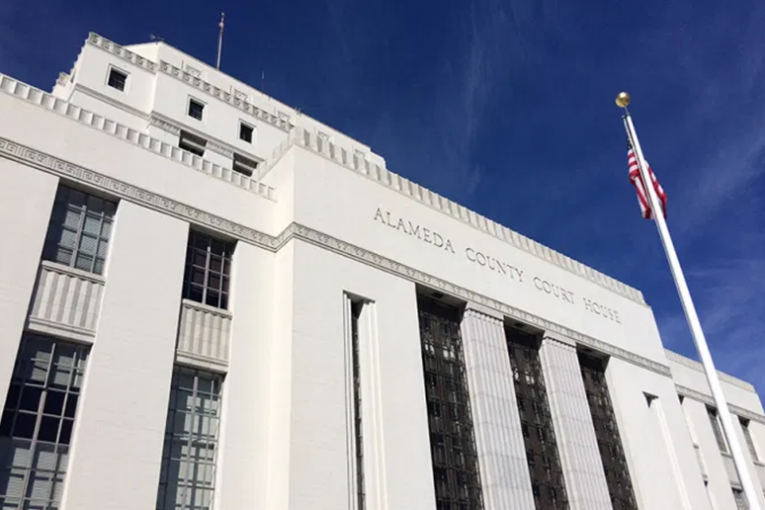
 By Ankita Joshi
By Ankita Joshi
ALAMEDA, CA – The testimony of a police officer was unreliable, charged a defense attorney in a jury trial in Alameda County Superior Court last week for a driver arrested for driving while under the influence and refusing to take field sobriety tests.
The driver—the Vanguard does not usually identify misdemeanor accused—was pulled over after an officer noticed him swerving on the freeway. The officer testified the driver had red and watery eyes, which was when a field sobriety test was suggested.
The driver refused both the field sobriety test and the chemical tests, despite the officer’s insistence.
In a previous court session, videos of the driver’s swerving as well as the conversation between the driver and officer were shown to the court.
In closing argument, Deputy District Attorney Margaret Christine Watts outlined the events of the night and the evidence that was collected.
Watts noted to the jury the driver did have levels of THC in his bloodstream when he took a blood test two hours after being in custody.
She argued the driver’s refusal to take a chemical test at the officer’s request may show a “consciousness of guilt,” especially since California law requires that those lawfully arrested must take a chemical test.
It followed that his actions indicate a “larger pattern of refusing to cooperate,” and that his “silence counts as refusal,” the DDA stated.
Another primary point made by DDA Watts was that the video shown to the court illustrated a two minute and 30 second clip of the driver swerving two to three times while on the freeway.
In response, Deputy Public Defender Brianna Frank detailed the responsibilities of the jury, establishing that the baseline assumption is that the driver is not guilty.
This was followed by analyzing both the expert witness, and the officer’s testimonies.
Frank noted the expert witness used words such as “can,” “could,” and “possible” when speaking about the events of the night of the incident. It was emphasized that the use of these words cannot provide proof beyond a reasonable doubt.
She also contended that since the expert witness was brought in by the prosecution, it was possible that there was bias present in his testimony.
When discussing the arresting officer’s testimony, Frank drew attention to a discrepancy in his testimony where the officer misspoke about the reasons why he did not follow CHP policy of calling experts to the scene of the crime.
Frank argued that this discrepancy places the officer in penalty of perjury and makes his testimony unreliable.
It was also noted that the arresting officer had arrested 99 percent of the people he had pulled over and suspected of driving under the influence.
Frank ended her closing statement, saying that “this case is about the government ignoring inconclusive evidence, having much too much power, and much too little evidence.”
DDA Watts followed Frank’s argument by telling the jury to evaluate the “totality of the circumstance.”
This evaluation included the video that showed the driver swerving on the freeway, the high levels of THC in the driver’s blood, the driver’s red and watery eyes, and the marijuana that the officer allegedly smelled on the driver at the time of arrest.
Deliberations are set to proceed on Jan. 31.

